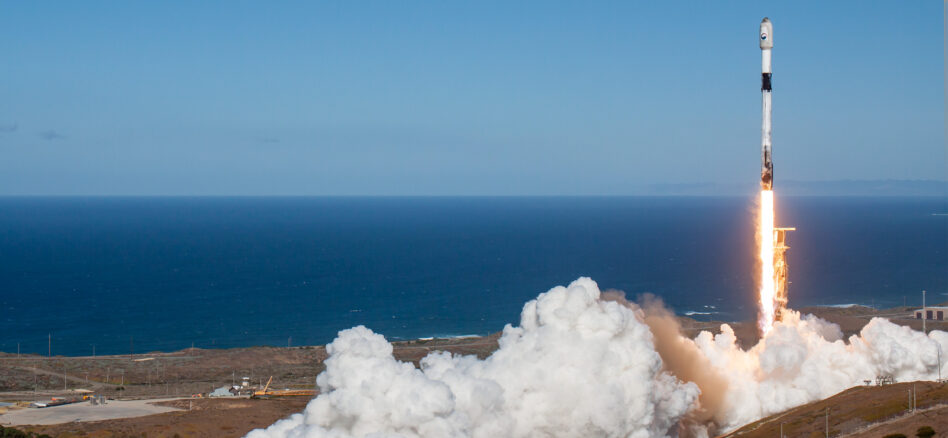North and South Korea are using space as a vantage point to keep an eye on one another.
On Nov. 21, North Korea successfully launched a military spy satellite to orbit on its third try, sparking international concern and escalating tension in the region. Now officials say that the satellite is up and running, collecting imagery over sensitive US targets including the Pentagon, Air Force bases, and the White House.
The Pentagon has confirmed that the satellite is, in fact, in orbit. However, there’s still doubt from the US, Japan, and South Korea over whether it’s actually operational, and North Korea has not released any satellite images publicly to prove it.
Tensions rise: North Korea’s launch set off a chain reaction that has culminated in the effective abandonment of a 2018 military agreement intended to ease tension in the DMZ.
- After the launch, South Korea announced it would partially suspend the deal, saying it was necessary to resume aerial surveillance over the border region.
- North Korea retaliated by abandoning the 2018 agreement altogether, vowing to send weapons to its southern border, and beginning to rebuild a number of guard stations that had been taken down years ago.
South Korean officials said they suspect Russian support would have been necessary for North Korea to A) successfully launch its satellite and B) produce imagery sharp enough to be useful for recon. Debris from a previous launch attempt showed that North Korea didn’t have advanced enough tech to capture anything meaningful, but both North Korea and Russia have denied any collaboration on this launch.
The US gets involved: The UN Security Council convened a meeting last week (described by Kim Yo Jong, Kim Jong Un’s sister, as a “gangster-like” action by the US) to discuss next steps following the launch, which violated multiple resolutions. US ambassador to the UN Linda Thomas-Greenfield denounced the launch, but invited North Korea to engage in conversation to work it out—an offer that North Korea refused.
North Korea has also been warning adversaries against interfering with its satellites, saying that it would consider any meddling an act of war.
Auspicious timing: There’s action coming from the south side of the DMZ, too. As chance would have it, South Korea launched its first military reconnaissance satellite aboard a Falcon 9 from California on Saturday.
- The launch was the first of five expected spy satellites to deploy in partnership with SpaceX by 2025.
- Deployment was successful, and commissioning is currently underway.




